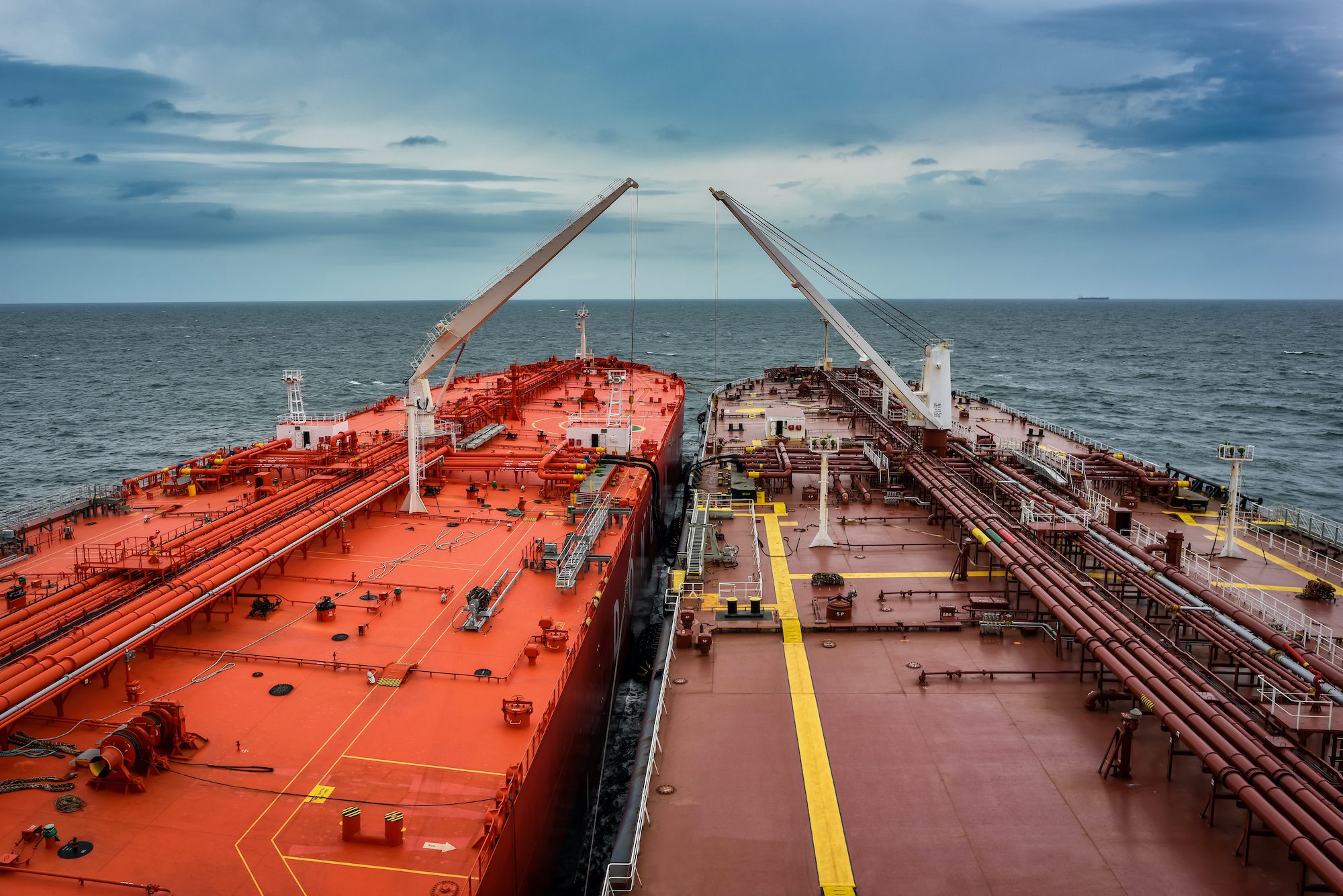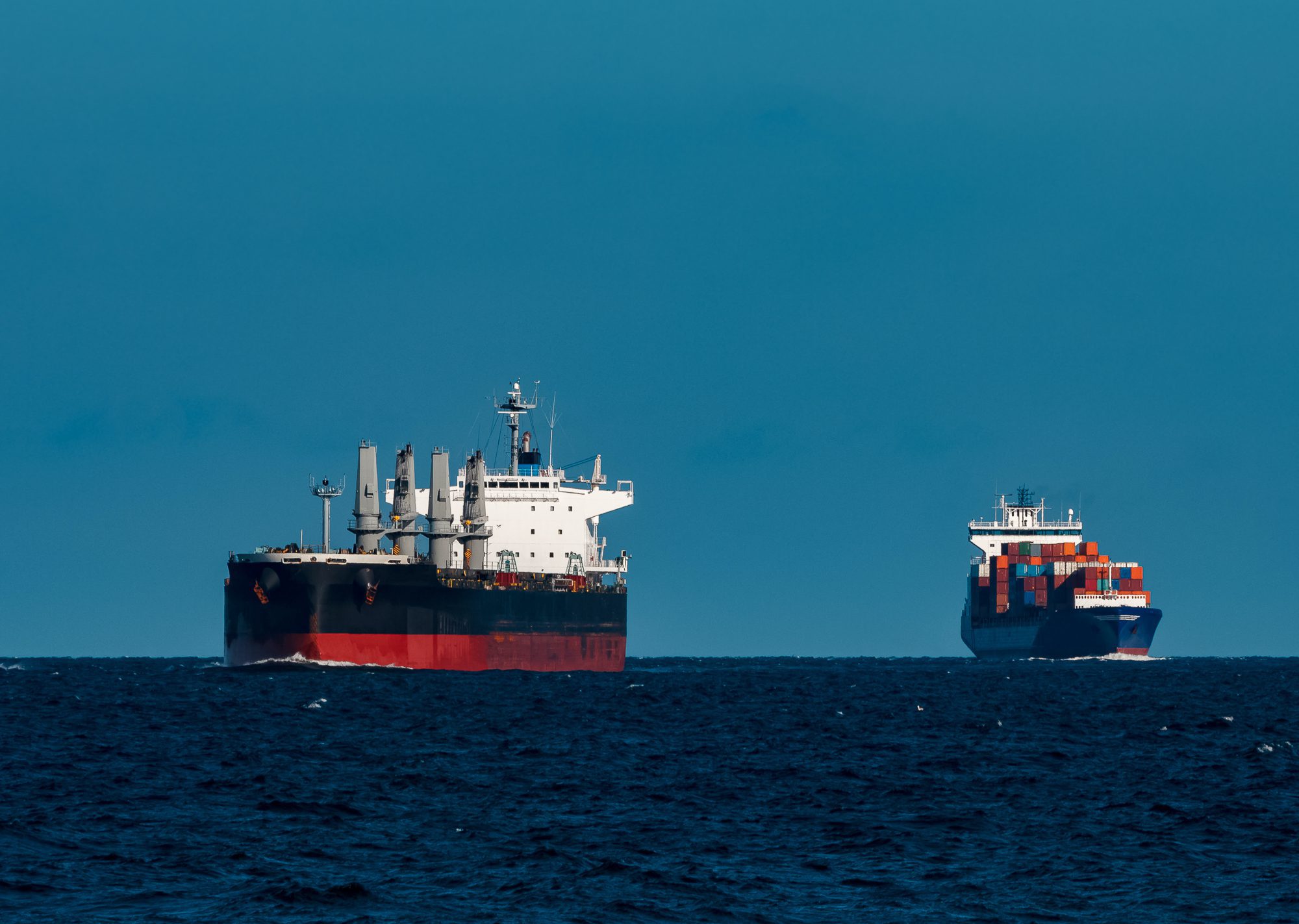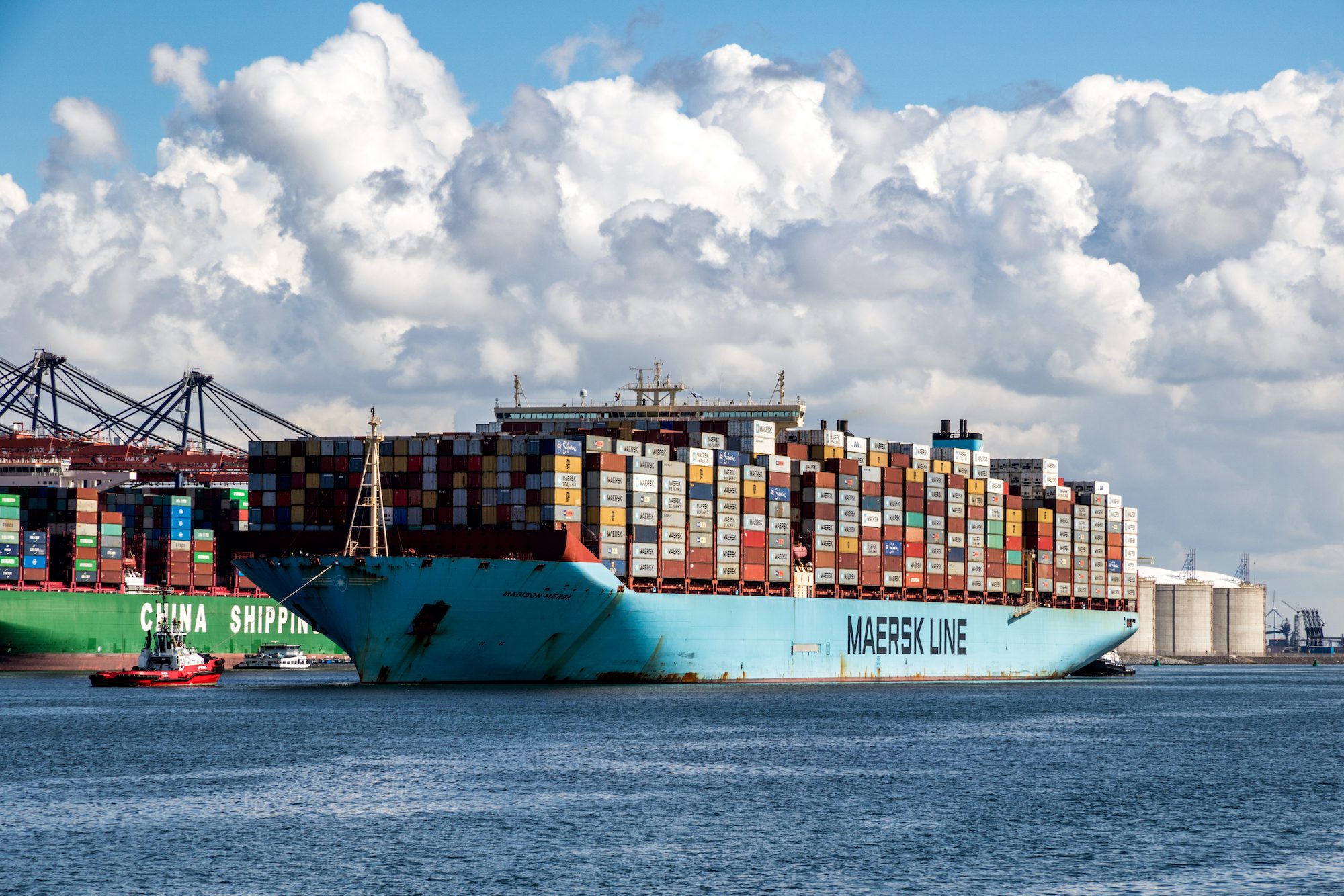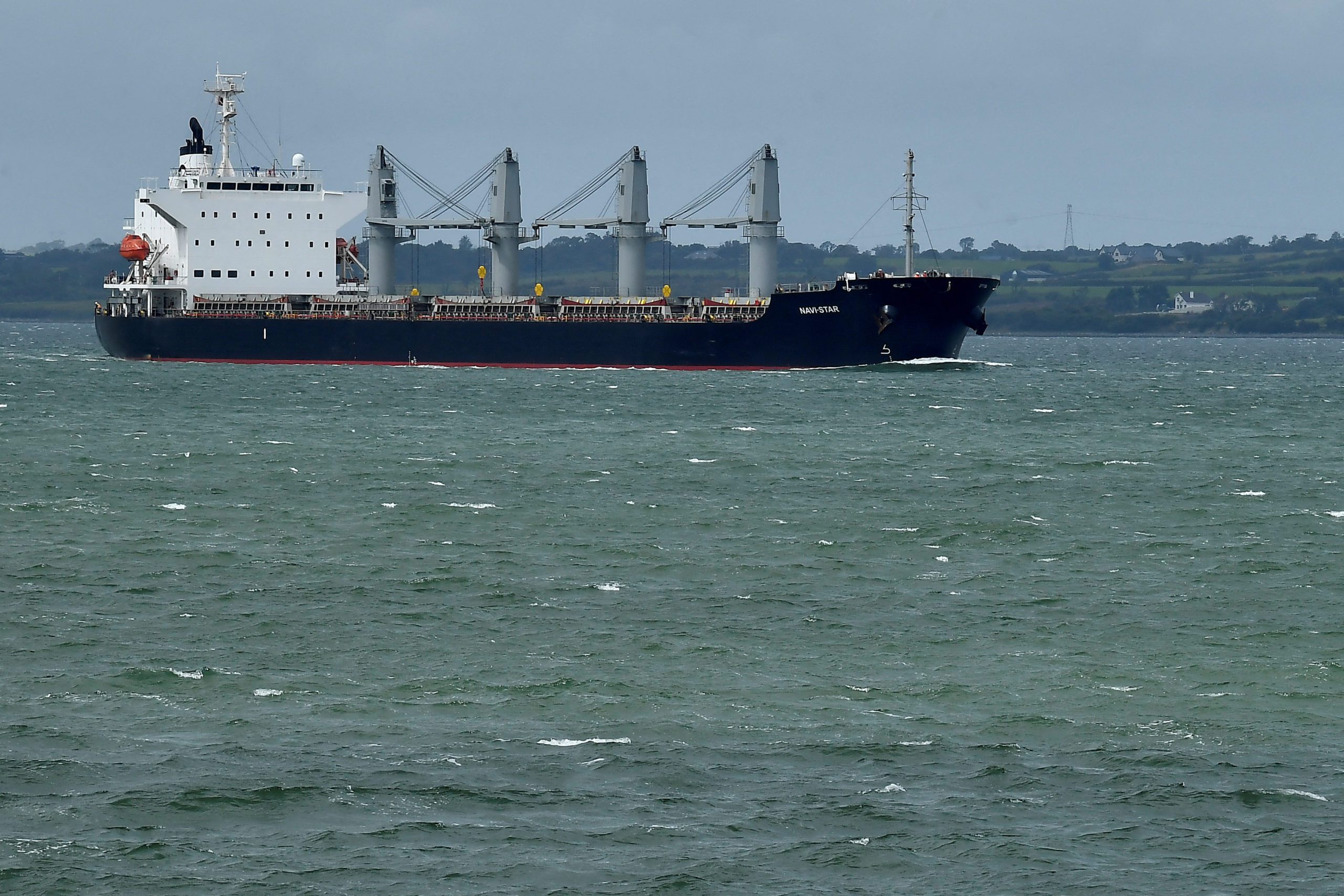MOSCOW, Feb 7 (Reuters) – Ship-to-ship (STS) loadings of Russian Urals blend crude oil hit a record high in January in the Mediterranean as traders moved cargos onto larger vessels to make long-haul shipments to Asia more cost effective, Refinitiv Eikon data showed.
Since the European Union banned purchases of Russian sea-borne oil in December over Moscow’s actions in Ukraine, the bulk of Russian oil has been diverted to Asia.
STS operations involve the transfer of cargo in international waters from smaller to larger vessels, improving the profitability of long-haul trips.
According to Refinitiv Eikon and Reuters calculations, STS volumes in the Mediterranean for deliveries to Asia jumped eight-fold in January from December to a record-high of 1.7 million tonnes.
The data also showed that some 1 million tonnes of Urals blend were loaded via STS operations in January near the Spanish port of Ceuta in the Strait of Gibraltar.
Some 600,000 tonnes were loaded near the Greek port of Kalamata.
All the cargoes were delivered to Asia, mainly to India, where at least 800,000 tonnes of Urals were expected to arrive from January’s operations.
Singapore is expected to receive 420,000 tonnes of Urals, while 80,000 tonnes were due for delivery to China. The destination for a further 380,000 tonnes remained unknown.
According to Refinitiv Eikon, between the end of November and January, around 3 million tonnes of Urals blend were loaded in Russian ports for further STS operations in the Mediterranean, including 1.3 million tonnes in January, of which 2.2 million tonnes were reloaded and sent to Asia.
(Reporting by Reuters; Editing by Sharon Singleton)
(c) Copyright Thomson Reuters 2023.

 Join The Club
Join The Club












